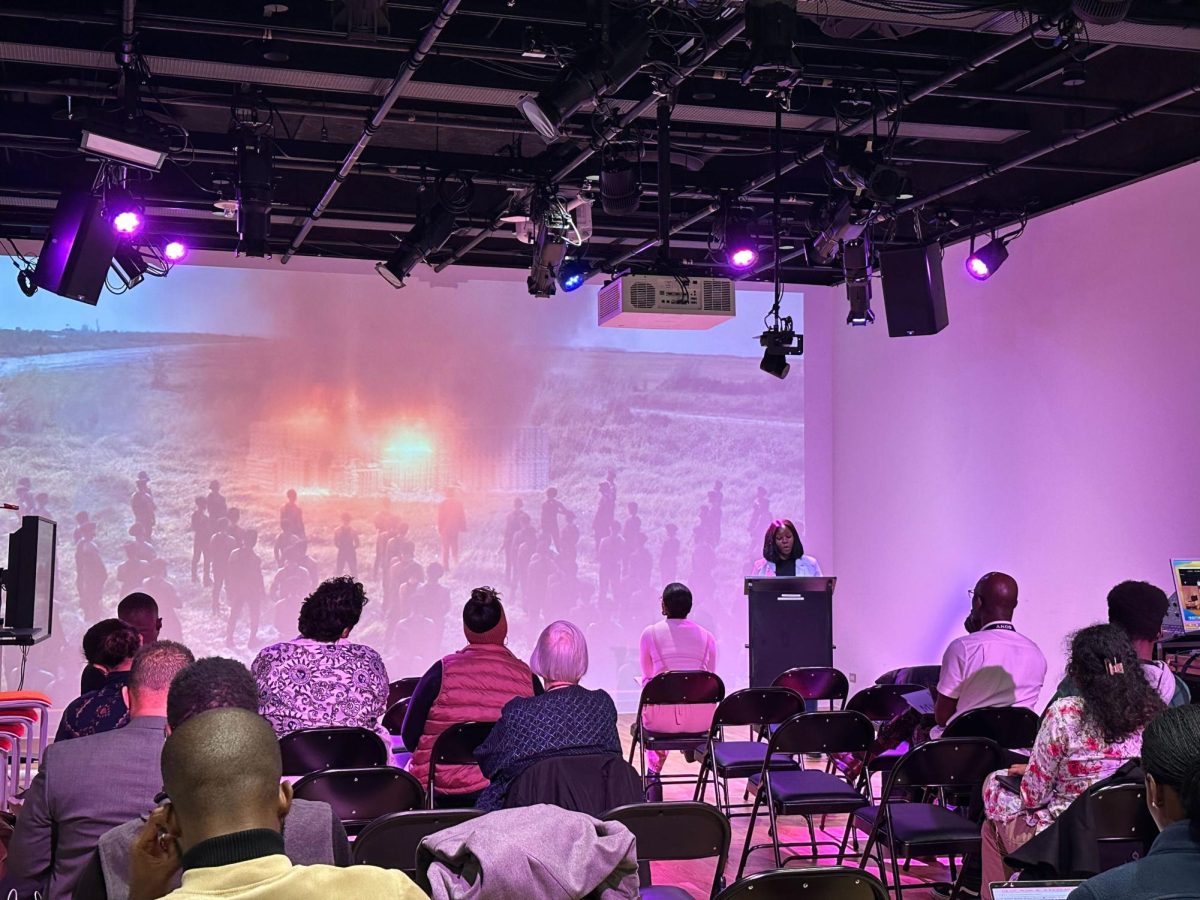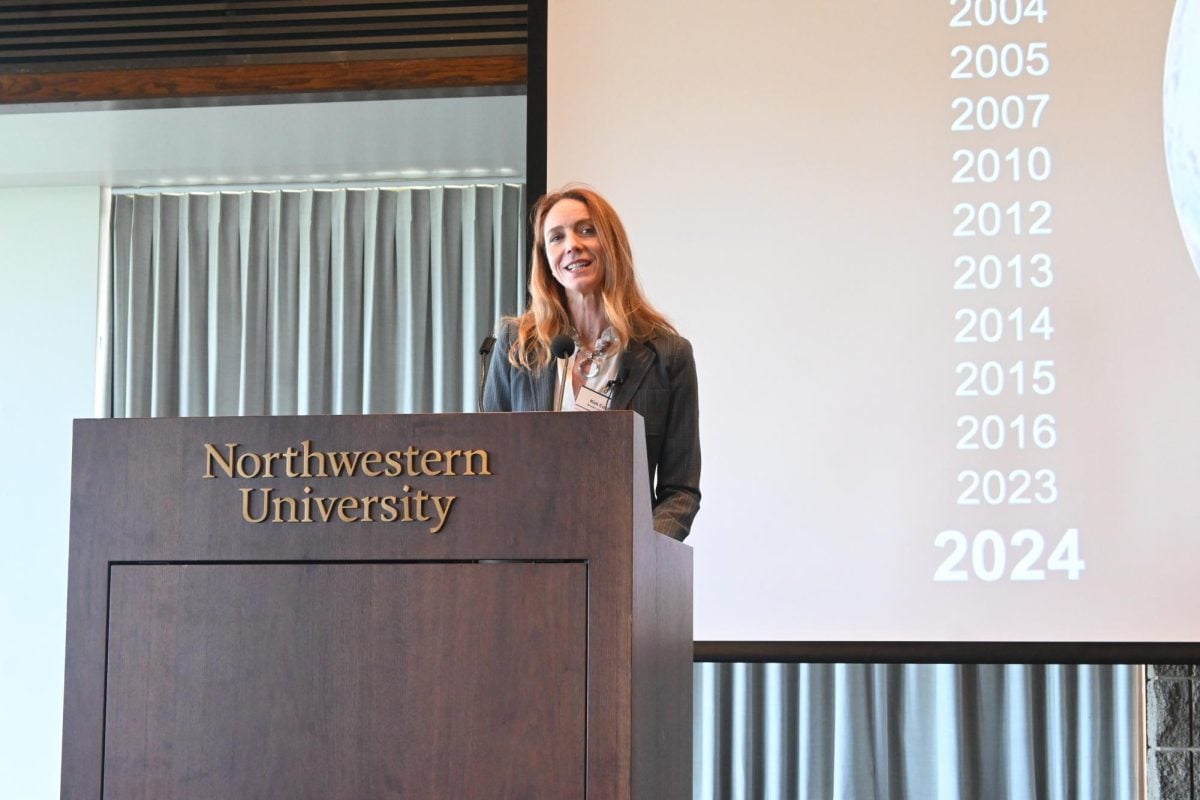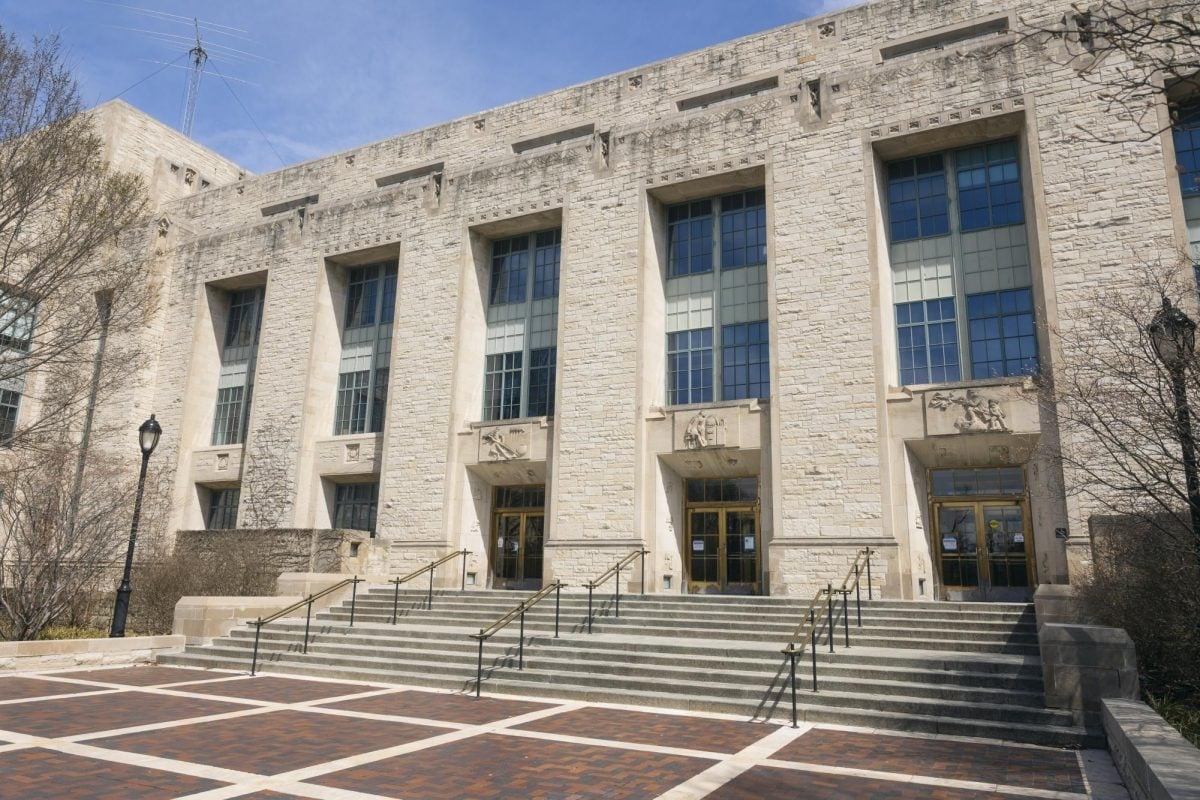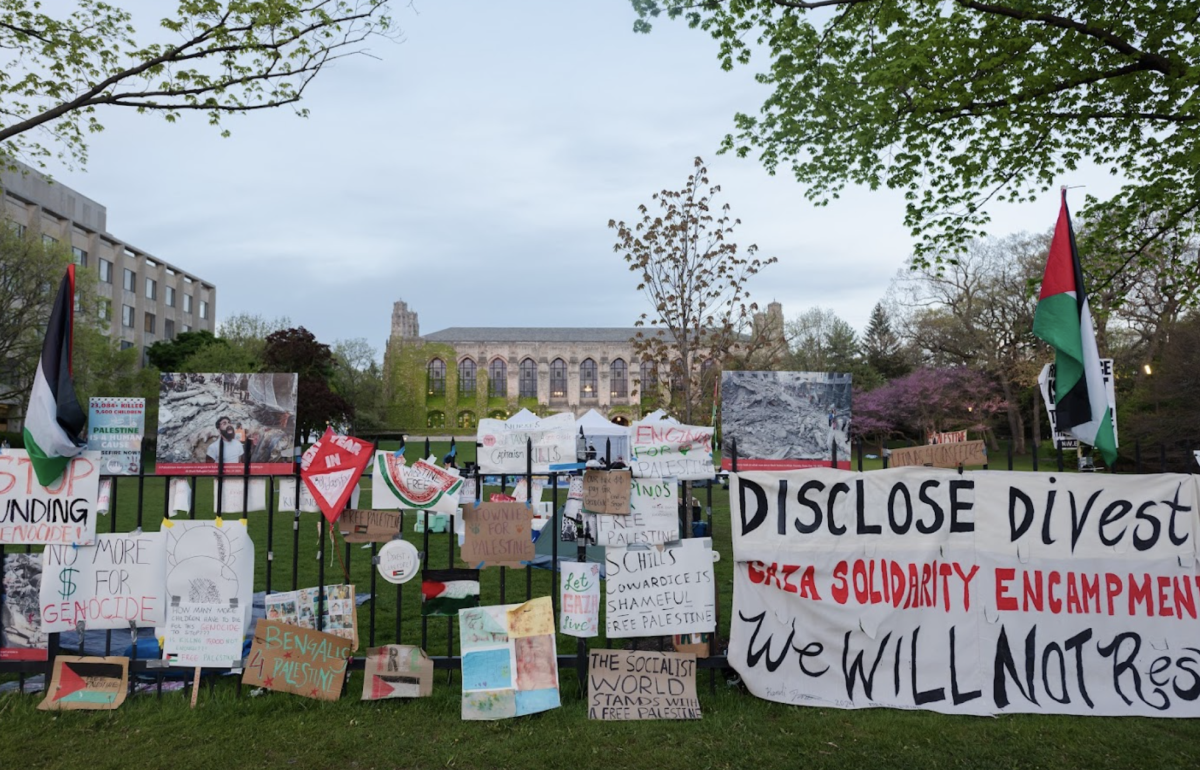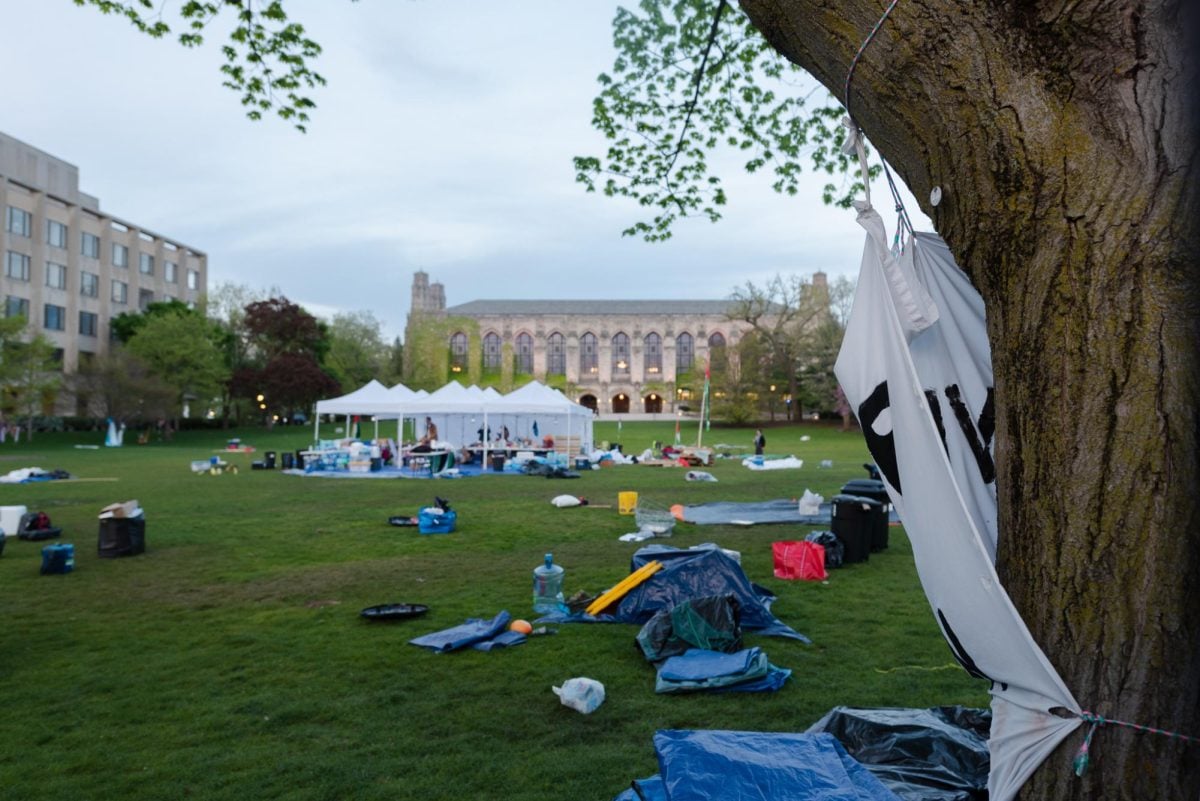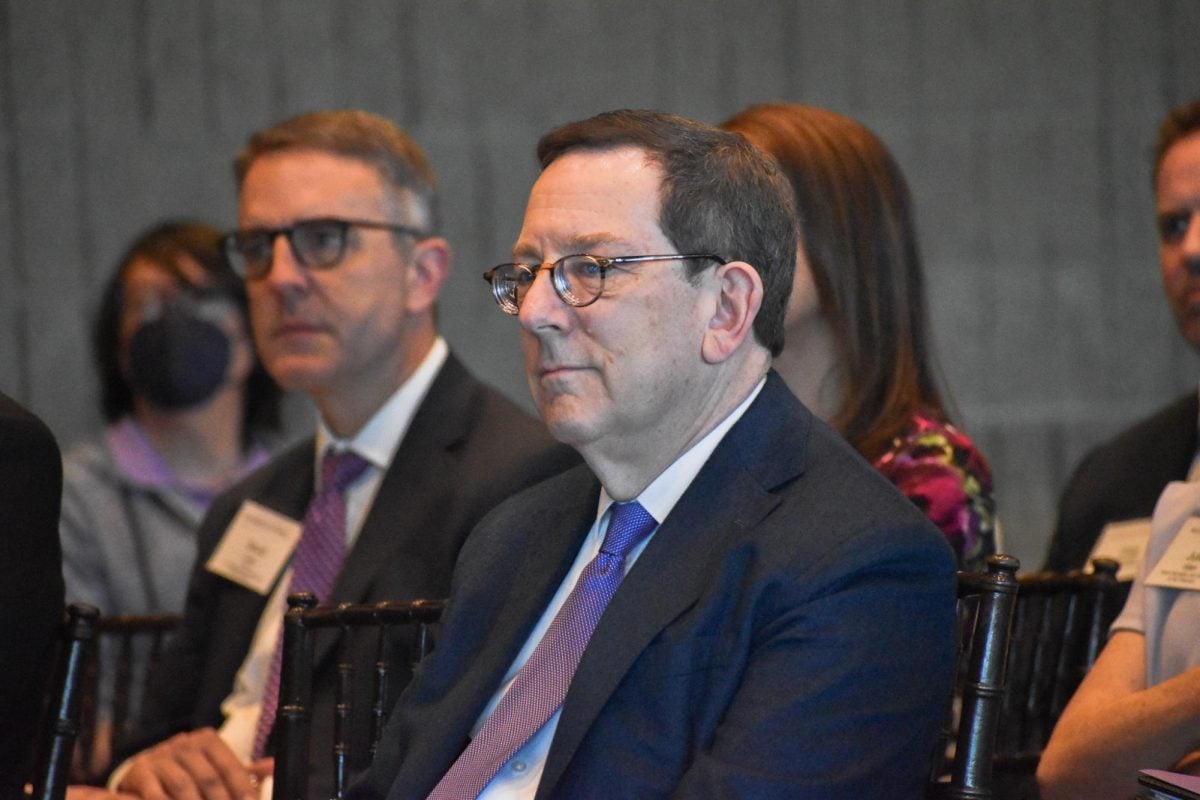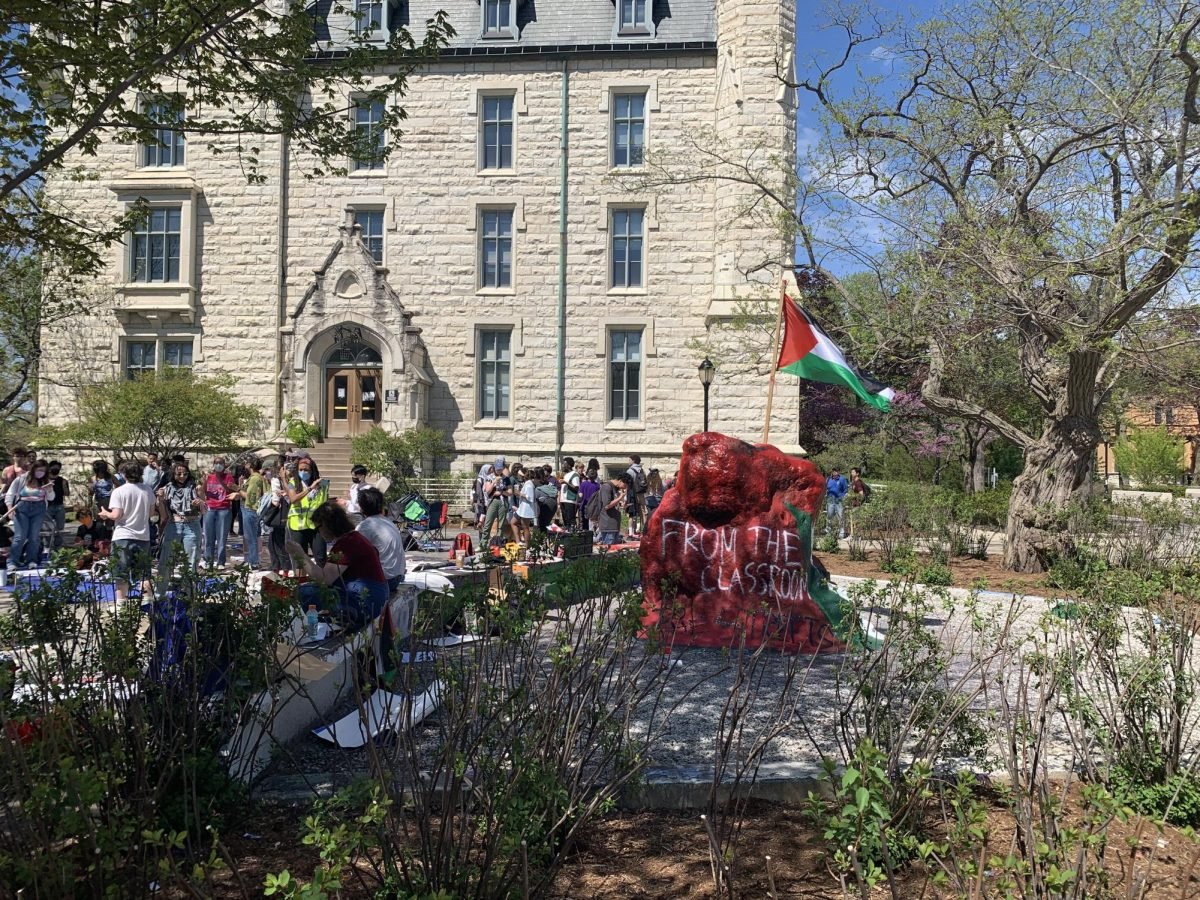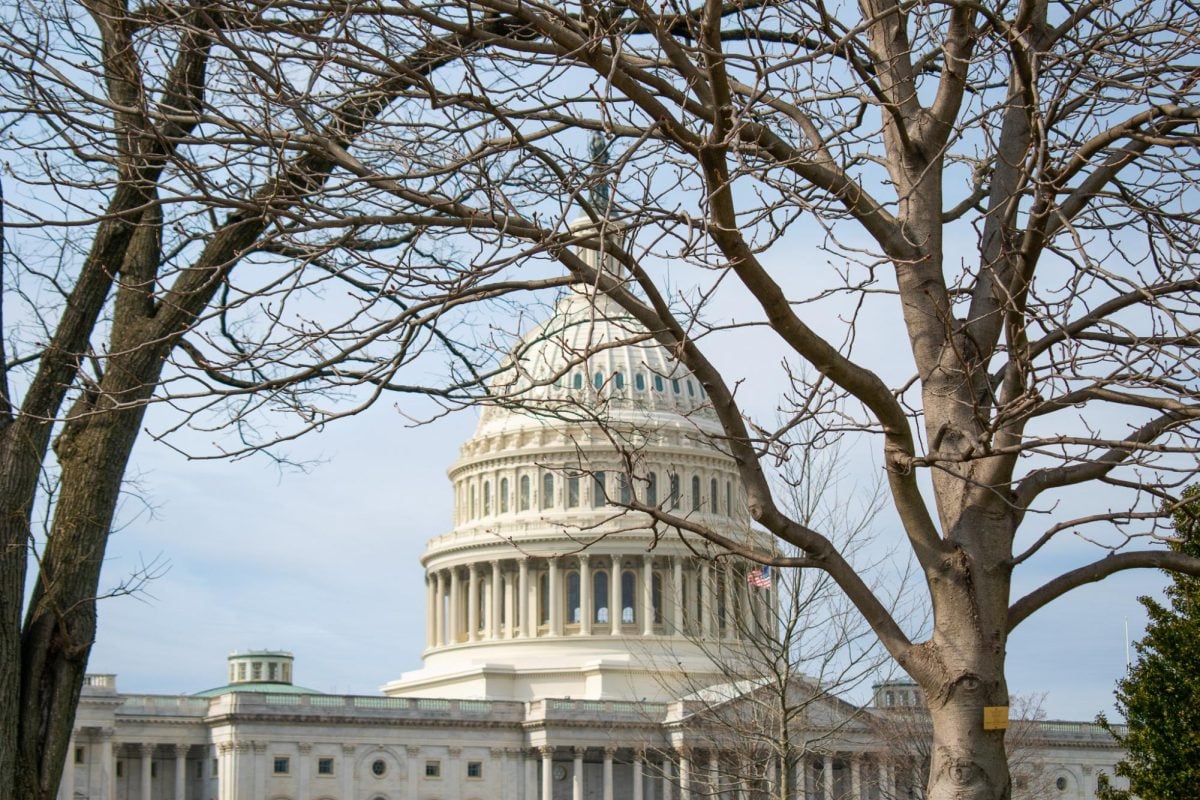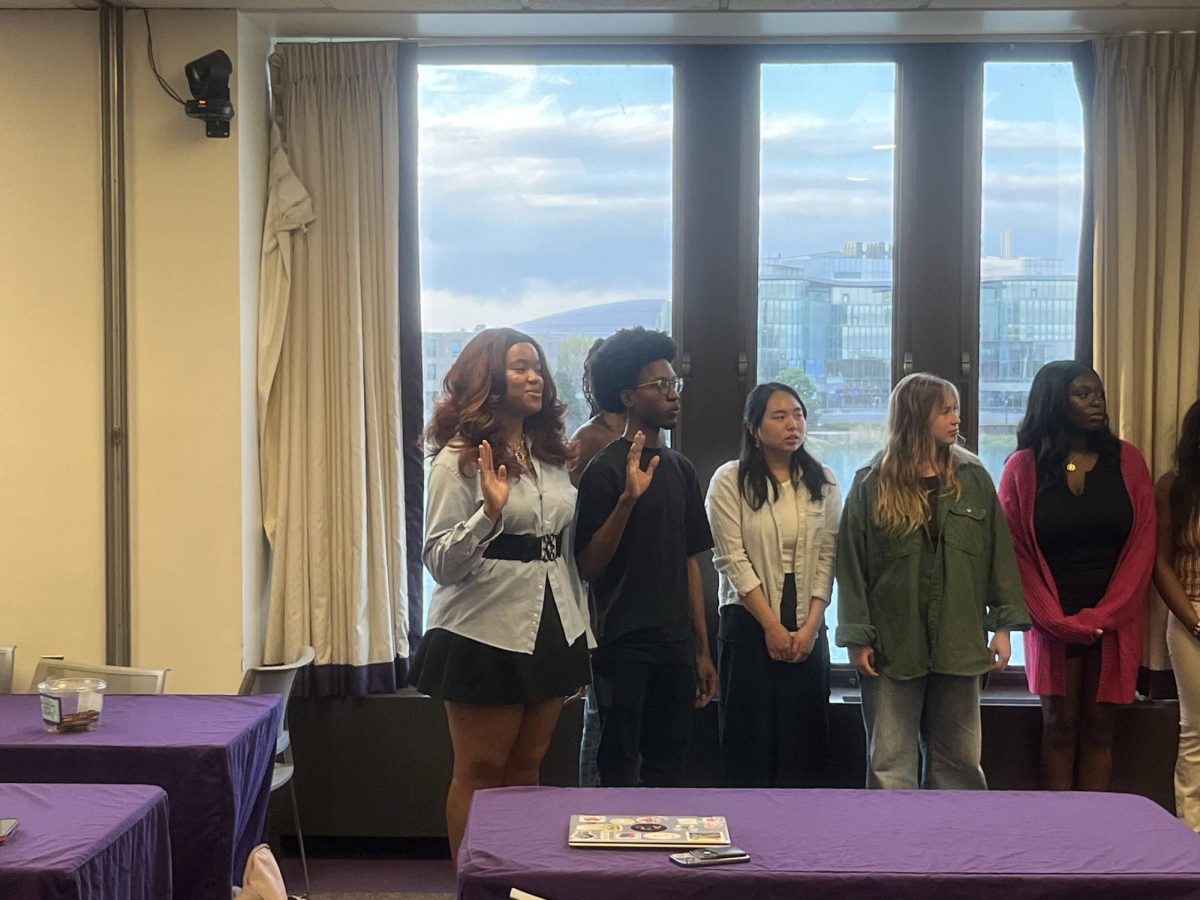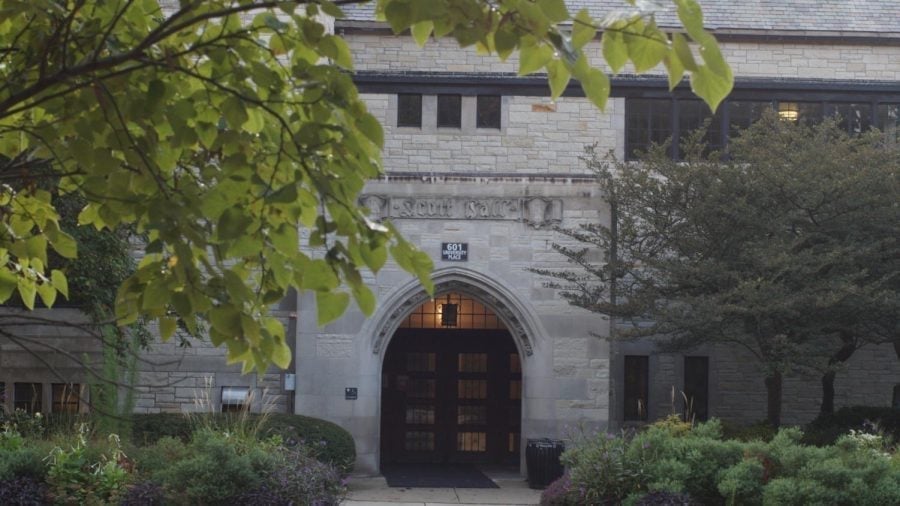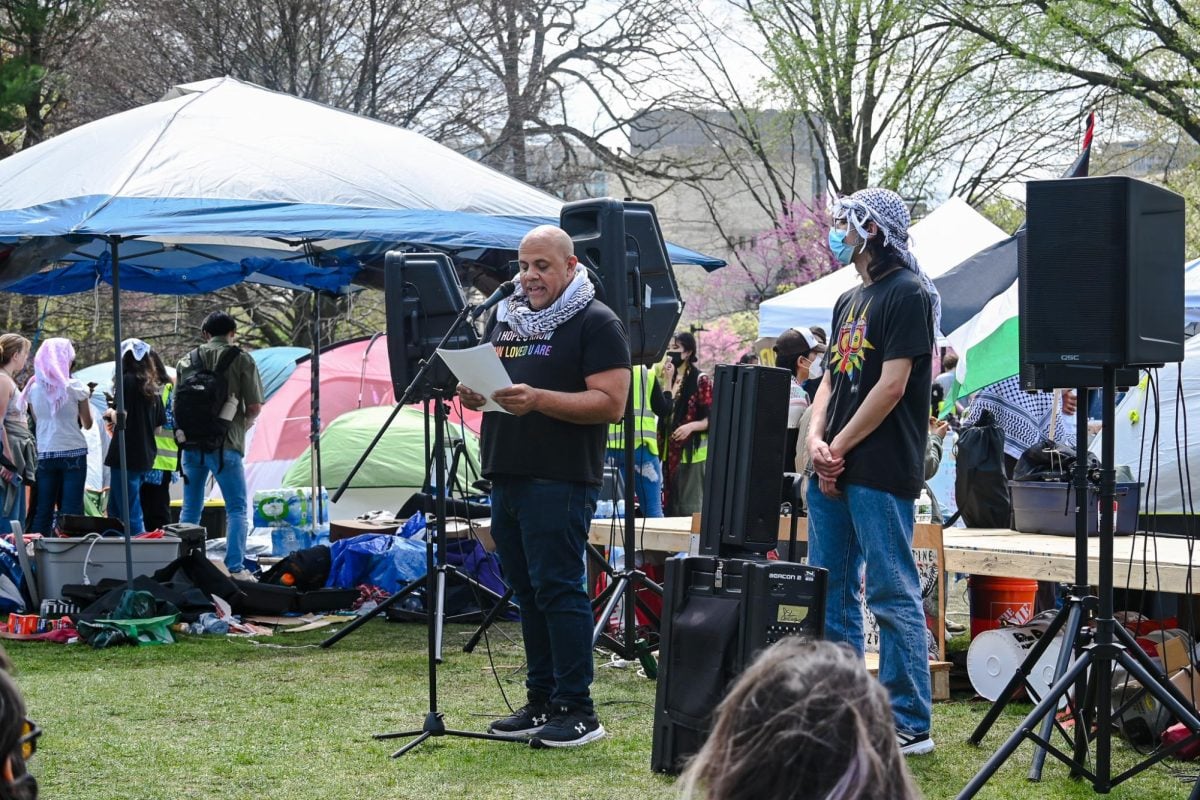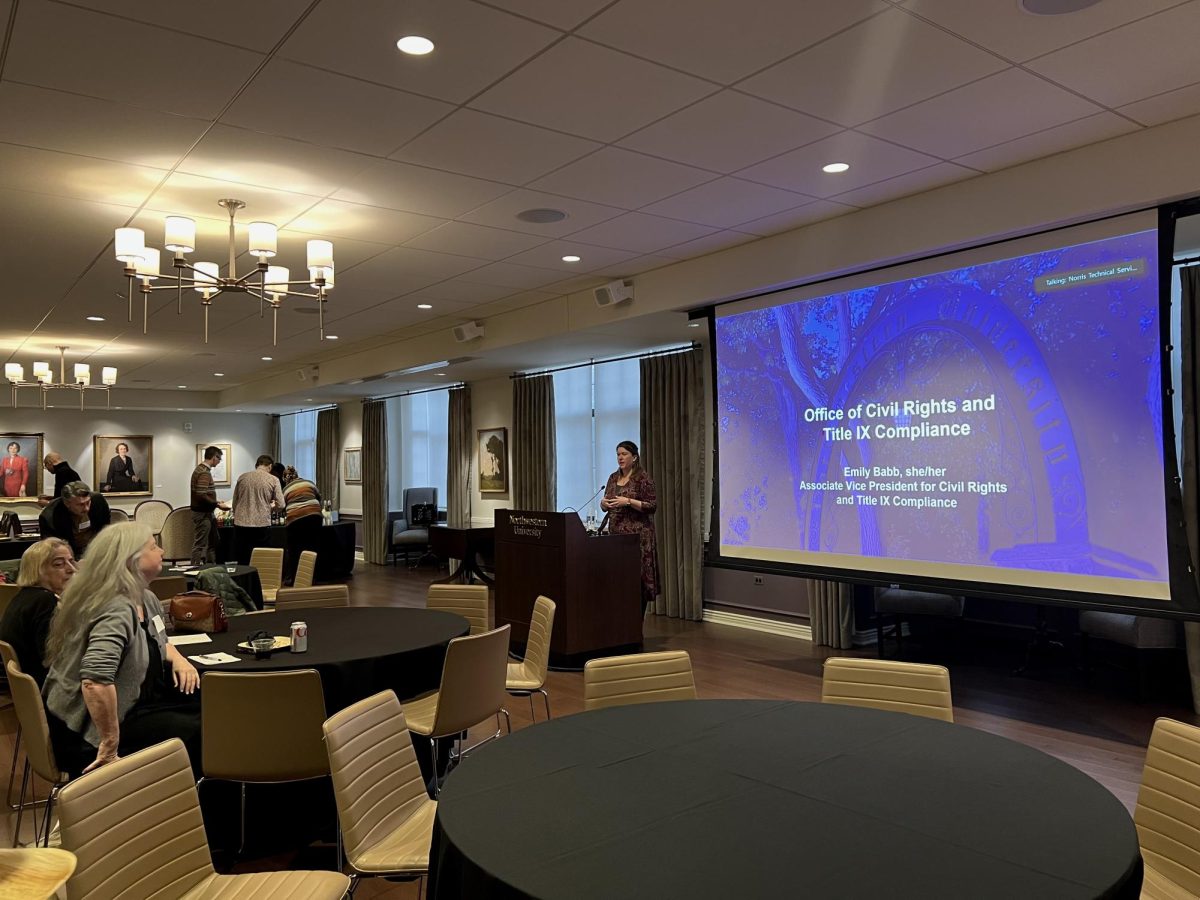Presenters from around the world gathered at Louis Hall Friday and Saturday for a symposium on contemporary African music.
Titled “Afrobeats: Lower Frequencies of Contemporary African Sounds,” the symposium included a series of presentations on Afrobeats, a pop and dance music style largely credited to West African artists primarily in Nigeria and Ghana.
Afrobeats music draws from a variety of genres throughout Africa and the African diaspora. Popular Afrobeats artists today include Burna Boy, Wizkid and Fireboy DML.
In addition to 13 presentations, both in-person and virtual, the symposium included a tour of Northwestern’s Melville J. Herskovits Library for African Studies and a panel with Afrobeats artists Mike Abrantie and Alexandria Eregbu.
The symposium was convened by performance studies and Black studies Prof. Dotun Ayobade and Ph.D. students Olabanke Oyinkansola Goriola and Nnaemeka Ekwelum. Goriola also presented a paper she co-authored with Ayobade about Burna Boy’s single “Monsters You Made” and its relation to the Nigerian #EndSARS movement.
Ayobade said he believes discussing Afrobeats in an academic setting shows the genre is more than just musical entertainment. He hopes to show the intellectual side of contemporary African thought through the ways it’s expressed in pop culture, Ayobade added.
“It’s not just the entertainment and the vibe and the bounce of (Afrobeats),” Ayobade said. “There are histories that one can and should account for … In many cases, artists are standing on histories and issues of cultural practice, histories and issues of music-making, and histories and issues of resistance and political organizing.”
One of the symposium’s goals was to give space to the complexity and nuance of thought behind African popular culture, which often gets “flattened” when it makes its way to the West, according to Ayobade.
University of Cape Town graduate student Amogelang Maledu presented on the saying “monate mpolaye,” which means “good times, kill me.” and how it connects to Amapiano, a type of dance-music originating in her home city of Pretoria, South Africa. She also discussed how South African youth embrace “excess” to comment on their continued marginality after the formal end of Apartheid.
Like Ayobade, Maledu said she feels Afrobeats goes beyond entertainment.
“It becomes important that even in academia, (Afrobeats) is taken seriously because often music is considered entertainment and it ends at that,” Maledu said. “But there’s so much that music signals outside of consumption and disposability in the way that popular culture is always considered.”
Several presenters engaged with other presentations through Q&A sessions after their talks.
Marquette University graduate student Ayodele Ibiyemi was both a presenter and an audience member. Ibiyemi, who presented on the impact of the African diaspora on Afrobeats, said it was especially illuminating for him to hear University of Pennsylvania Ph.D. student Kingsley Okyere’s virtual presentation on “Ghanianess, Nigernianess, and Afrobeats’ Sonic Aesthetics.”
“(Okyere) is a musicologist — it’s really good to see someone actually do the technical analysis of Afrobeats,” Ibiyemi said. “I’m a literary critic. I’m in the Department of English, so I’ve seen perspectives from musicologists, anthropologists and people all over media studies. But his panel was really illuminating for me.”
Okyere’s Friday afternoon presentation concluded the day.
Ibiyemi, like Ayobade and Maledu, echoed that Afrobeats is more than entertainment.
“(Afrobeats) is a billion-dollar industry,” Ibiyemi said. “So, if something is that huge, then we should start talking about it as academics.”
Correction: A previous version of this article misspelled Dotun Ayobade’s name. The Daily regrets the error.
Email: [email protected]
Twitter: @yyanyanli1
Related Stories:
— Flo Milli, Dreamer Isioma announced as A&O Ball concert performers

